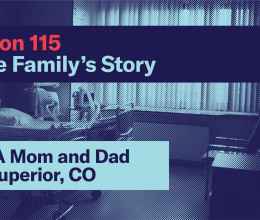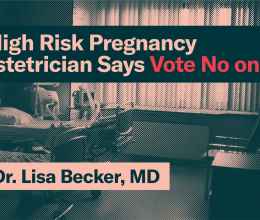DENVER – In response to a letter from the ACLU of Colorado, DISH Network has agreed to make several improvements on their accommodations for nursing mothers.
On March 12, the ACLU of Colorado sent a letter of complaint to DISH Network documenting multiple failures to accommodate nursing mothers at DISH Network’s corporate headquarters in Englewood, where employees are forced to pump breast milk in front of their co-workers and supervisors without privacy screens or curtains, and at a DISH Network call center in Littleton, where the lactation room is located inside a bathroom in direct violation of federal and state law.
Late in the afternoon of Friday March 21, the ACLU received a response from DISH Network promising new accommodations for nursing employees.
“DISH is to be commended for promptly committing to address the problems outlined in our letter and for taking significant strides to protect the rights of nursing mothers in the workplace,” said ACLU of Colorado staff attorney Rebecca Wallace.
They have promised to provide multiple private places for several nursing mothers to express milk simultaneously in the Englewood office as well as the relocation of the lactation room in the Littleton office out of the bathroom. They have also indicated they are “undertaking a company-wide assessment of the accommodations provided to nursing mothers,” and have identified a human resources manager whose duty it is to ensure compliance with laws regarding nursing employees. DISH’s letter emphasized the company’s commitment to providing a healthy, safe and family-friendly workplace.
“By bringing the story of nursing employees at DISH to light and enforcing state and federal laws protecting nursing mothers in the workplace, the ACLU hopes to change the old-fashioned view held by some employers that a model employee is one that does not get pregnant, does not give birth, does not breast feed, and does not have child-care responsibilities,” added Wallace. “DISH’s steps in promptly resolving the complaints raised in our letter serves as a model to other employers.”

